In the thick of the pandemic, the Lilly Endowment gave the Hartford Institute for Religion Research a multi-million dollar grant to study the impact of Covid 19 on U.S. churches. The five-year study, still ongoing, is called Exploring the Pandemic Impact on Congregations. Researchers have gathered survey insights around social outreach efforts, religious education, clergy discontent and wellness, recovery efforts, and shifts in technology-use. The Institute’s most-recent report targets the cascading financial ramifications of the shut-down.
First, an overview…
Broad Trends and Financial Markers
The study found a generally optimistic financial outlook among congregations—surprising given the stark reality of declining attendance. But there are two interesting (but non-obvious) engines driving that optimism…
-
The study does not specifically account for the financial impact of pandemic stimulus payments from the U.S. government—a huge influx of sustaining support for many churches. I was at a Lilly Endowment gathering with many other grantee organizations listening to representatives from the Hartford Institute spotlight some early results from their study. A pastor in the gathering raised his hand and asked if researchers had considered the impact of stimulus funds, and the answer was “no.” The pastor followed with, “That’s a significant factor here.”
-
The study hints at a dynamic at work in churches that have seen drops in worship-service attendance—where fewer people are helping to fund the church’s activities, the remaining people feel motivated to give at higher rates to sustain the congregation.
The study has produced a broad range of insights about the financial health of congregations, including…
-
The median income of churches in the study is $165,00, with median expenses just below that at $160,000. This is the highest income reported in the last 15 years, but with this average adjusted for inflation, spending power has actually shrunk, not grown.
-
The median income for a congregation with 50 or fewer attendees is $66,000, compared to the median income of $177,000 for 51-100, $300,000 for 101-250, and as much as $2 million for large congregations (more than 400). Individual givers make up the overwhelming source of that income for churches (85%).
-
Almost two-thirds of churches have budgets in the black (63%), another 14% are exactly on-budget, and one-quarter (24%) are in the red.
-
A quarter of churches say their financial health is “excellent,” and almost a quarter (22%) say it’s improved in the last five years (half say it’s stayed the same, and more than a quarter say it’s “worse now”). About a third of clergy (32%) say their personal financial health is “excellent.”
-
Churches report huge growth in online giving, with seven out of 10 (69%) using it at least some of the time, and almost half (48%) using it “a lot.”
A Financial Wellness To-Do List
Tagged onto the end of the research report is a bulleted list of suggestions for church leaders who want to boost their congregation’s financial health, including…
-
Cultivate a strong culture of giving grounded in generosity being a necessary hallmark of an individual’s faithful religious practice.
-
Encourage the stewardship of all types of resources, not just financial.
-
Intentionally teach children about the importance of giving.
-
Highlight the congregation’s own acts of generosity to the community as a reflection of the abundant giving of all its membership.
-
Maintain traditional giving rituals but also adapt them to account for the multiple ways of giving and participating.
-
Begin offering online giving methods, if you haven’t done so already.
-
Offer a diversity of ways to encourage offering, gifts, and tithes from attenders and supporters from passing the plate, to automated electronic bank transfers, to pledges, to special offerings, QR codes, and text to give, sponsorships, festivals, and other approaches.
-
Increase the visibility of online giving methods for both in-person and virtual participants and reinforce the importance of giving whatever the method used.
-
If you have online giving, teach congregational members about the importance of using it. Emphasize their use of electronic giving in both a theological and fiscal manner.
-
Highlight giving to specific high-impact ministries—identify programs and causes to support rather than just asking for generic support of the congregation.
-
Assure that the congregation’s leadership has a healthy and informed understanding of personal and organizational finance, getting them training and financial education if necessary.
-
Explore alternative ways to fund ministries and the work of the congregation. Consider how unused or repurposed spaces within the congregation’s building or property might generate revenue.
-
Make funding the life and work of the faith community an open, transparent, and mission-driven spiritual practice.
-
Faithfully and spiritually assess the congregation’s mission and values.
Help Is On the Way!
Fall is fast approaching, and we innovative, practical resources that will help you infuse your ministry environment with “rich soil” for transformation. First up, Following Jesus is a curriculum resource you can use with both adults and teenagers in your church this fall—help them explore what an ABIDING/REMAINING relationship with Jesus is like. It’s an experiential, highly interactive, co-discovery way to invite people into deeper intimacy with Jesus. And The Life of Jesus TalkCards is a simple, devotional way to invite small groups into the heart of Jesus.
Meanwhile, my new book Editing Jesus is now out. If you’d like an extended teaser of the book, just to check it out, the publisher has put together a pdf of the first three chapters that is exclusively available to the Vibrant Faith community. So, here you go… Just click on this link and you can download a pdf of this long excerpt from the book.

Rick Lawrence is Executive Director of Vibrant Faith—he created the new curriculum Following Jesus. He’s editor of the Jesus-Centered Bible and author of 40 books, including his new release Editing Jesus: Confronting the Distorted Faith of the American Church, The Suicide Solution, The Jesus-Centered Life and Jesus-Centered Daily. He hosts the podcast Paying Ridiculous Attention to Jesus.
[activecampaign form=5]
 A Deeper Way to Lead Others Into Faith Maturity… Guide your people into depth relationally and experientially… A new curriculum by Rick Lawrence for both youth & adult ministries. Learn More Here
A Deeper Way to Lead Others Into Faith Maturity… Guide your people into depth relationally and experientially… A new curriculum by Rick Lawrence for both youth & adult ministries. Learn More Here



